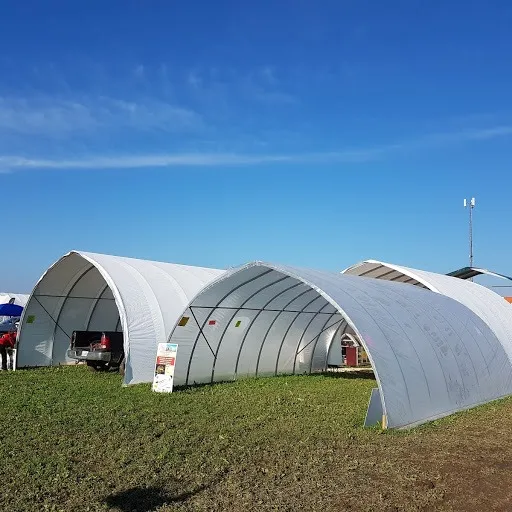Manufacturing is a cornerstone of the global economy, playing a pivotal role in the production of goods that cater to diverse industries and consumer needs. From the assembly lines of automobiles to the intricate fabrication of electronics, manufacturing encompasses a wide array of processes that transform raw materials into finished products. As technology advances, manufacturing is increasingly characterized by automation, precision engineering, and the integration of smart technologies, driving efficiency and innovation across the sector.
In an era marked by globalization, sustainability, and rapid technological changes, the manufacturing landscape is undergoing significant transformation. Companies are not only focused on optimizing productivity but also on reducing their environmental footprint and adapting to shifting market demands. This article delves into the current trends, challenges, and future prospects of manufacturing, highlighting its importance in shaping economies and improving the quality of life for people around the world.
Current Trends in Manufacturing
The manufacturing sector is increasingly embracing digital transformation, driven by the Internet of Things (IoT), artificial intelligence (AI), and big data analytics. These technologies enable manufacturers to optimize their processes, increase production rates, and enhance product quality. Additionally, there is a growing focus on sustainability initiatives, with companies seeking to implement eco-friendly practices that resonate with environmentally conscious consumers. For example, in regions like Mexico, advancements are propelling Mexico Manufacturing Growth, enabling firms to leverage competitive advantages while addressing ecological impacts.
Challenges Ahead
Despite the promising advancements, the manufacturing industry faces several challenges, including supply chain disruptions and labor shortages. The pandemic has highlighted vulnerabilities in global supply chains, prompting firms to rethink resilience strategies. Furthermore, the transition to a skilled workforce equipped with digital proficiencies is crucial, as traditional manufacturing roles evolve. Addressing these challenges is essential for maintaining growth and ensuring that manufacturers remain competitive in an ever-changing global market.
The future of manufacturing appears both promising and complex, as companies navigate a landscape defined by rapid technological advancements and evolving consumer expectations. To thrive, manufacturers must adopt a proactive approach, integrating innovative solutions that not only streamline operations but also foster sustainable practices to meet the demands of an increasingly eco-conscious marketplace. Collaboration across industries will be vital, ensuring knowledge sharing and resource optimization in the face of challenges such as labor shortages and supply chain disruptions. By investing in workforce development, embracing digital tools, and prioritizing sustainability, the manufacturing sector can redefine its role within the global economy, driving not only profitability but also a positive impact on society and the environment.


